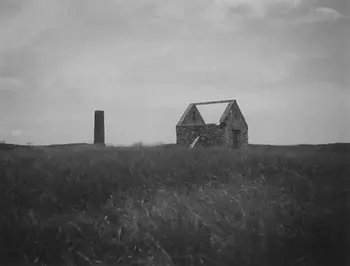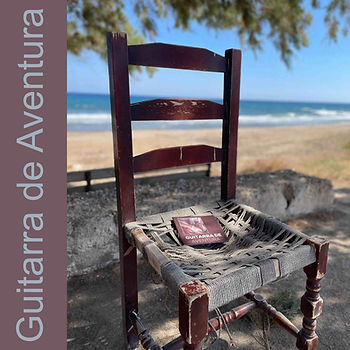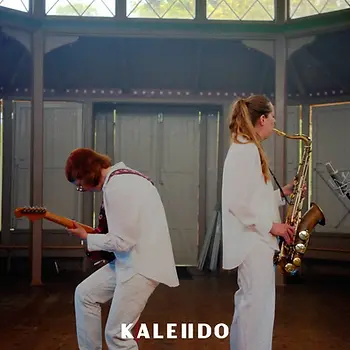
Aaron Vaurio Jackson’s Not Yet Home is a soundscape of longing, and a diary of contrasts It is a sonic map, a map of the heart. Across its eight tracks, Aaron doesn’t merely play the piano; he turns it into a vessel for exploring life’s endless dualities: sweetness and sorrow, grandeur and humility, chaos and stillness, classicism and modernism.
From the opening notes of “Facing Dawn,” the listener is swept into a journey that feels both timeless and immediate. The melodies rise and fall like the breath of someone deep in thought, carrying a nocturnal quality reminiscent of Chopin’s quieter moments, yet infused with modern twists that nod to the restless spirit of improvisers like Cecil Taylor. As the music unfolds, each piece becomes its own world, offering a glimpse into Aaron’s deeply personal reflections on life, death, and everything in between.
The album’s title, Not Yet Home, serves as both a thematic anchor and a philosophical whisper throughout. As Aaron himself describes, it’s about the tension of being in motion—physically, emotionally, and existentially. There’s a bittersweet beauty in knowing we’re “not yet home,” not yet finished, always moving toward something both inevitable and unknowable. This idea manifests musically through Aaron’s ability to juxtapose delicate, tender themes with sudden bursts of tension and discord. Tracks like “Magnets” and “Capacity” encapsulate this perfectly, where soft, lilting melodies are interrupted by jagged, modern harmonies that demand attention before fading back into moments of quiet resolution.
“Ur” and “Low” transport the listener into ambient, contemplative spaces, calling to mind Erik Satie’s meditative simplicity but layered with a contemporary edge that feels distinctly Aaron’s own. Meanwhile, “Dandelions” dances with a Schumann-like playfulness, evoking memories of childhood while remaining grounded in the complexities of adulthood. The duality continues in “Getting Over,” which stands out for its stunning harmonic shifts and raw emotional weight. This track, with its Messiaen-esque complexity, feels like an intimate conversation—at times tender, at times overwhelming, but always honest, and without a doubt my personal favorite pieces in this amazing album.
Aaron’s inspirations—both classical and experimental—are clear yet never overbearing. There’s a structural integrity in his work that nods to Bach and Schumann, but also a freedom and unpredictability drawn from jazz and avant-garde pioneers like George Winston and Rand Blake. The result is a sound that feels unbound by tradition yet deeply respectful of it.

What makes Not Yet Home truly extraordinary is its emotional depth. Each piece invites the listener into a liminal space where beauty and dread coexist, where the sweetness of a melody carries the weight of its inevitable ending. As Aaron writes,
“There’s a tension, a certain quiet dread, but also the acknowledgment of life’s fragile beauty.”
That tension is palpable in every note, creating an experience that lingers long after the final track fades.
In the end, Not Yet Home is a meditation on what it means to live—to walk through the woods, feel the rain, and carry the quiet knowledge of our impermanence. It’s an album that feels like a friend, offering solace, challenge, and the reminder that though we may not yet be home, we are never truly lost.
#NotYetHome #AaronVaurioJackson #SoloPiano #ContemporaryClassical #EmotionalJourney #ModernClassics #PianoMusic #MusicalPoetry #AmbientPiano #ExperimentalMusic #ClassicalFusion #LifeThroughMusic #PianoArtistry #IntrospectiveSounds #FragileBeauty







